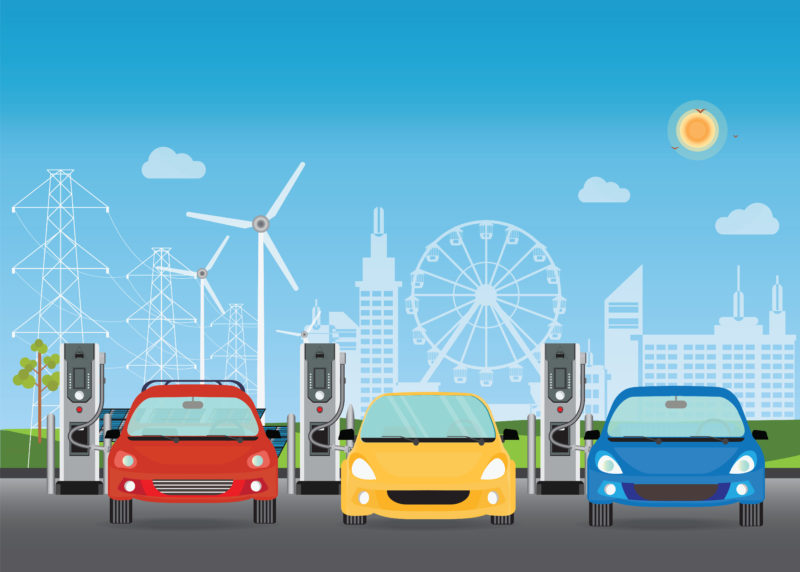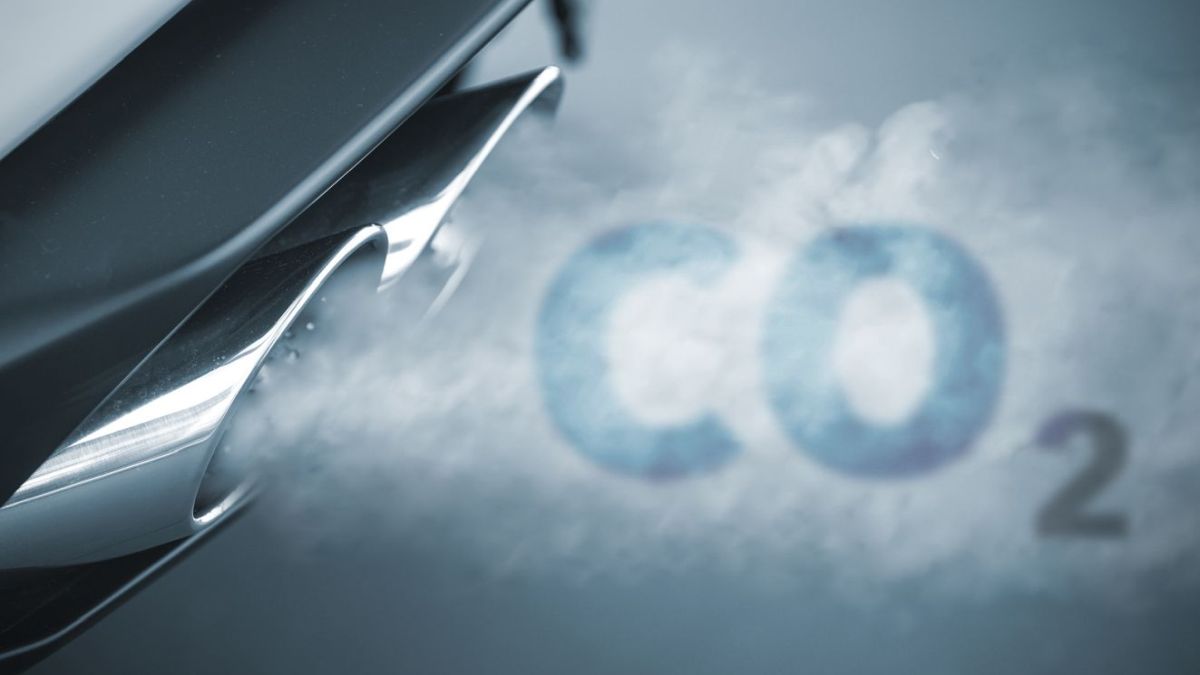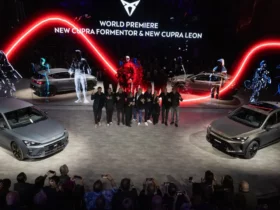The UK government presented at COP26, taking place in Glasgow, a document where some of the major players in the automotive field, including car manufacturers, are committed to “working to ensure that, by 2040, all sales of new cars and vans are zero-emission globally, and by 2035 in the main markets “. Signatories to this document include Ford Motor Company, Mercedes-Benz, Jaguar Land Rover, General Motors, BYD and Volvo Cars who are effectively committed to only selling zero-emission vehicles in “leading markets” by 2035 or earlier. Certainly the lack of adhesion of other big brands is not overlooked. In fact, companies such as BMW, Toyota, Renault, Volkswagen, Honda, Nissan, Hyundai e Stellantis who for various reasons, have not signed the declaration of intent.
The carmakers, which have signed the pact according to the objectives declared at COP26, will therefore work to reach 100% of the sales of zero-emission cars and vans in the main markets by 2035 or earlier, supported by a corporate strategy in line with the achievement of this ambition.
Cop 26, in addition to car manufacturers among the signatories nations and cities around the world
In addition to the aforementioned car manufacturers, there are also 24 countries and 39 cities, states and regions, (including Florence, Rome and Bologna) shared the commitment proposed by COP26 to work to convert their fleets of owned or leased cars and vans to electric by 2035. They will also implement policies that allow, accelerate or otherwise incentivize the switch to fully cars electric as soon as possible. To these are added 28 fleets (including Uber and LeasePlan) and 13 institutional investors.
Nations that joined without delay included Sweden, the United Kingdom, the Netherlands, Canada, Austria, Norway, New Zealand, Turkey, India and Poland. However, 3 of the most important are missing, namely USA, China and Germany, but also Italy, France, Japan and Russia. And it is precisely the lack of adhesion of these nations that has led (according to the Financial Times) to the disengagement of the car manufacturers. The same houses have raised many doubts about the “presumed” date that should mark the end of the production of endothermic cars. Volkswagen motivated his failure to sign in order to meet the development needs of some markets that are not yet mature. Along the same lines it is Toyota which sees it difficult to stop selling combustion engine cars in still immature markets for electric cars such as Africa and Latin America.

The car manufacturers themselves also do not want to take the longest step, or invest billions of euros in the production of electric cars only, when their governments disagree and will not be able to facilitate this transaction, such as making more widespread on the their territories the presence of charging stations. And in fact, the car manufacturers that have not joined are headquartered in the nations that have pulled back in pursuing the goal “to work so that, by 2040, all sales of new cars and vans are carbon neutral globally. , and by 2035 in the main markets “.
Failure to adhere to the project that Boris Johnson’s government proposed to Cop26 does not mean that the various Volkswagen, Nissan, Stellantis and so on will no longer invest in the development and production of electric cars, and this, already today, is there for all to see. But they certainly don’t want to be forced to stick to a date that they think is not feasible at the moment for a variety of reasons, including global economic and political reasons.
















Leave a Reply
View Comments